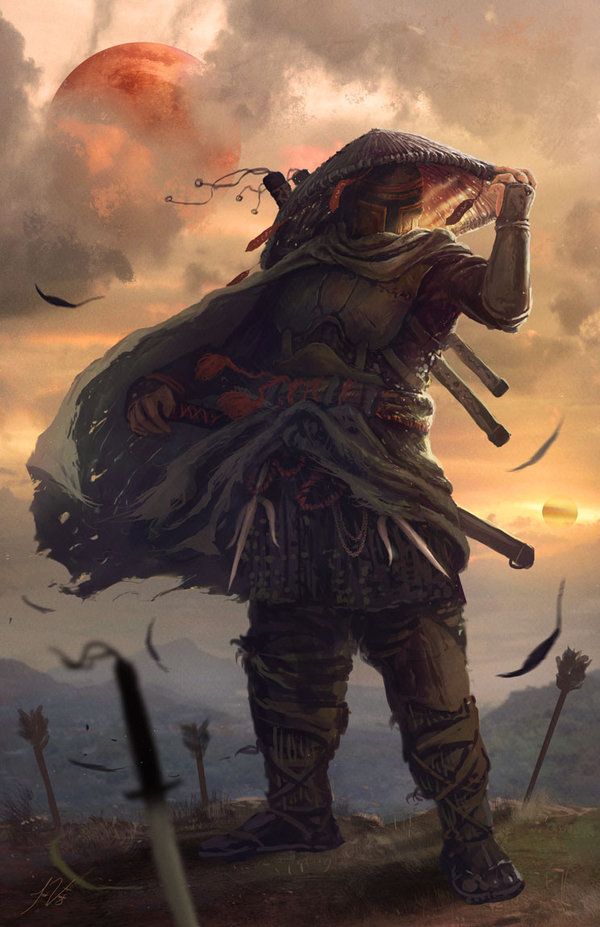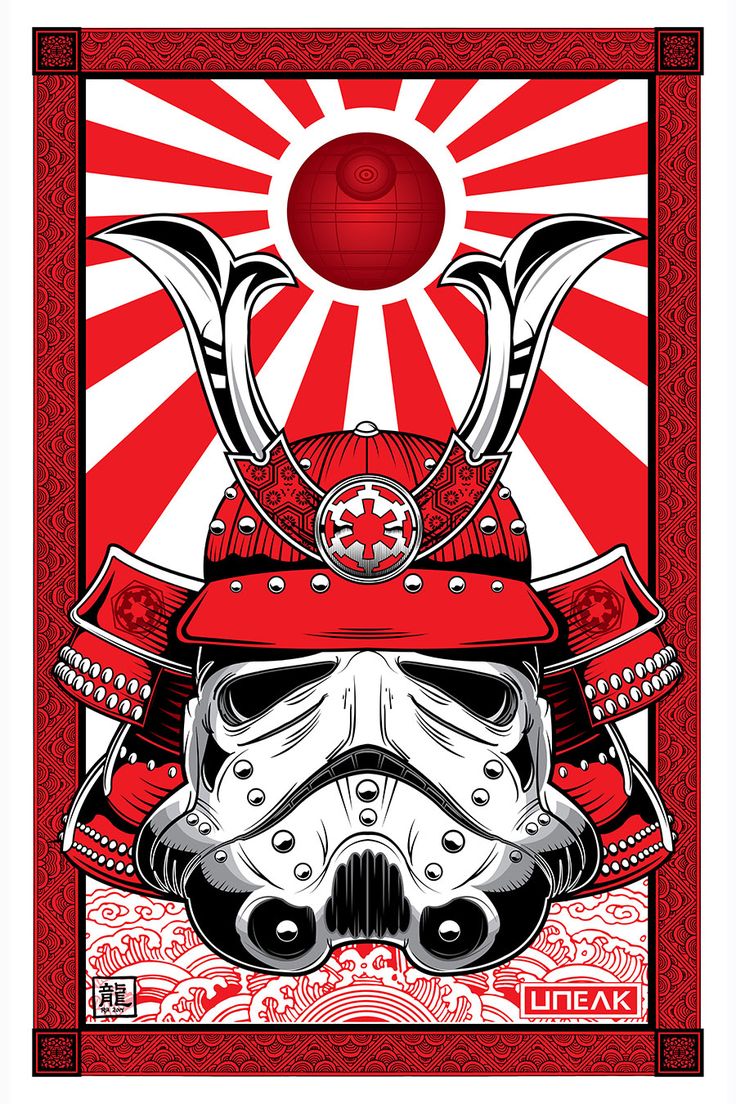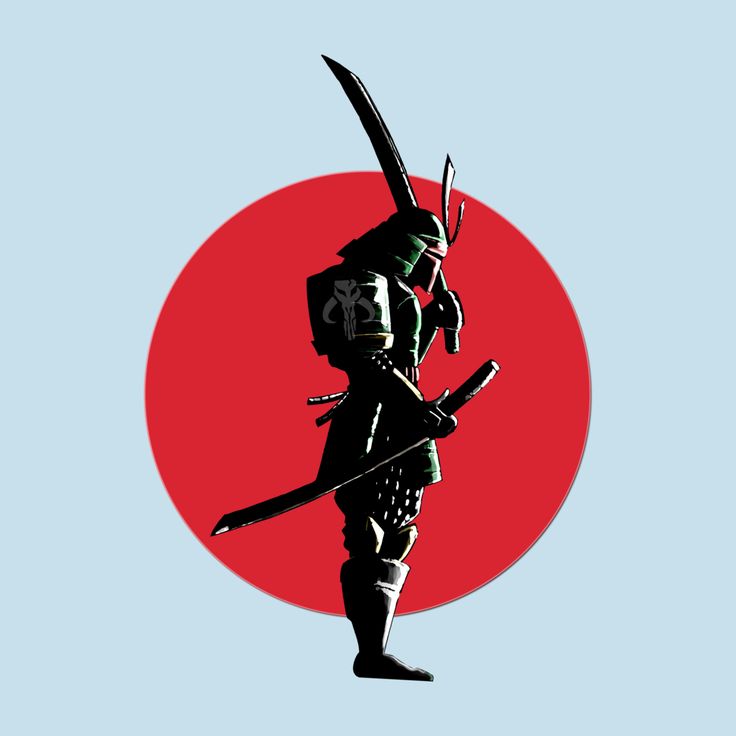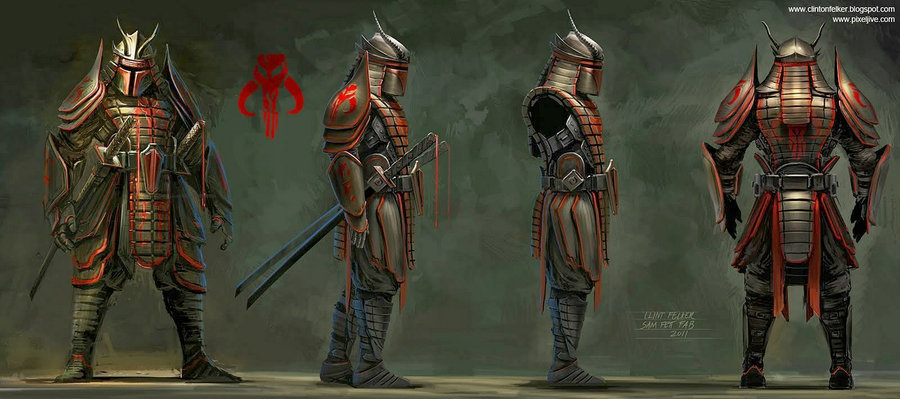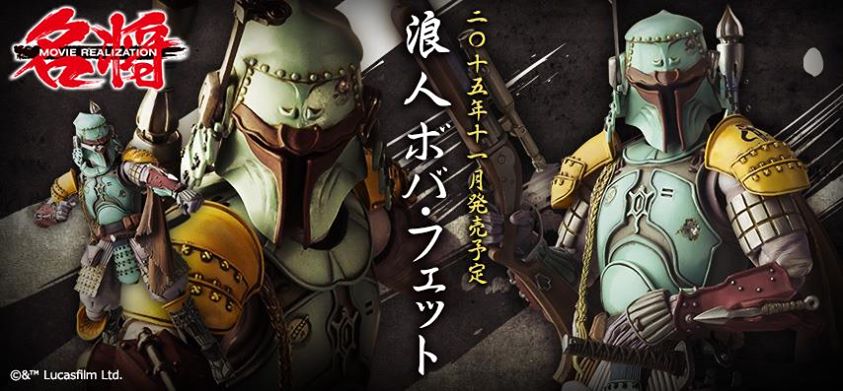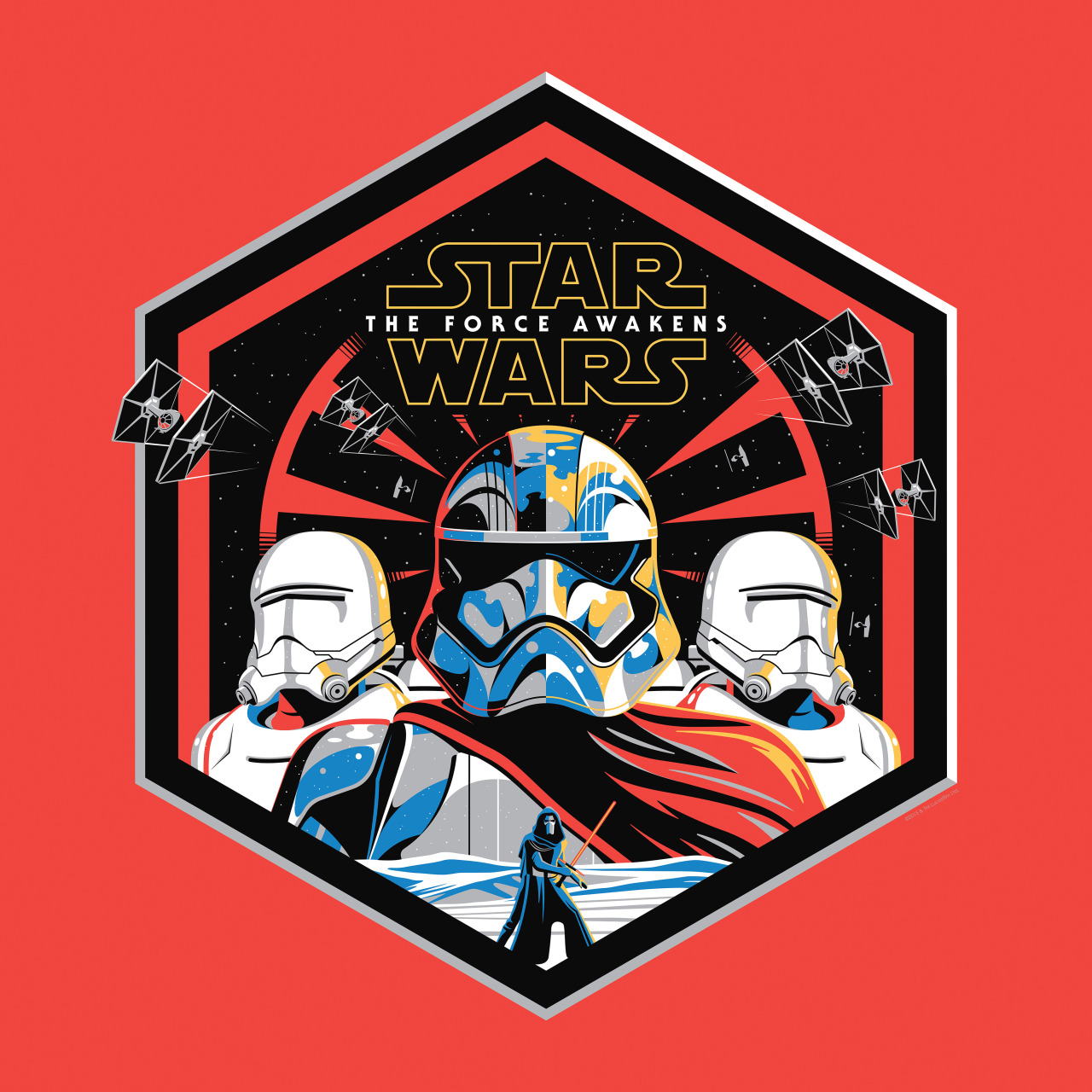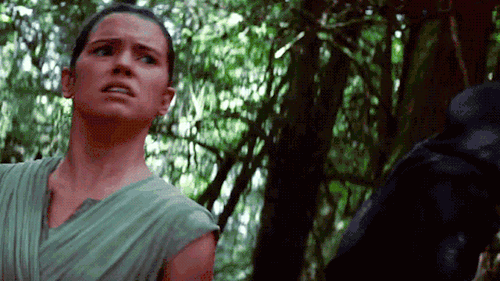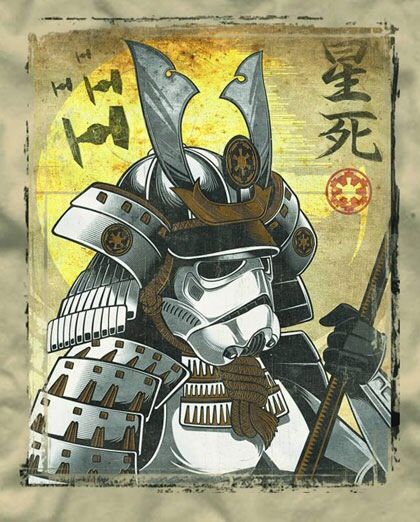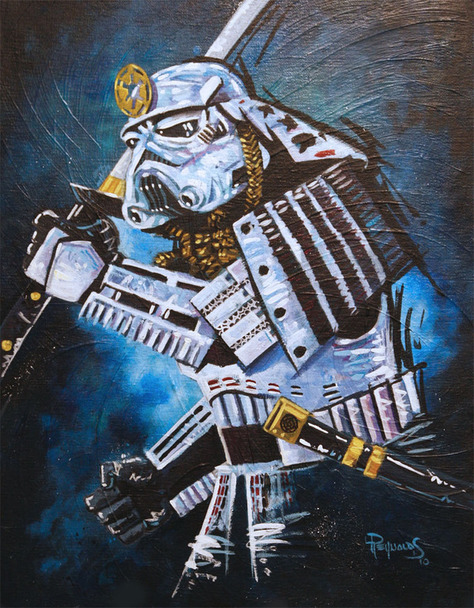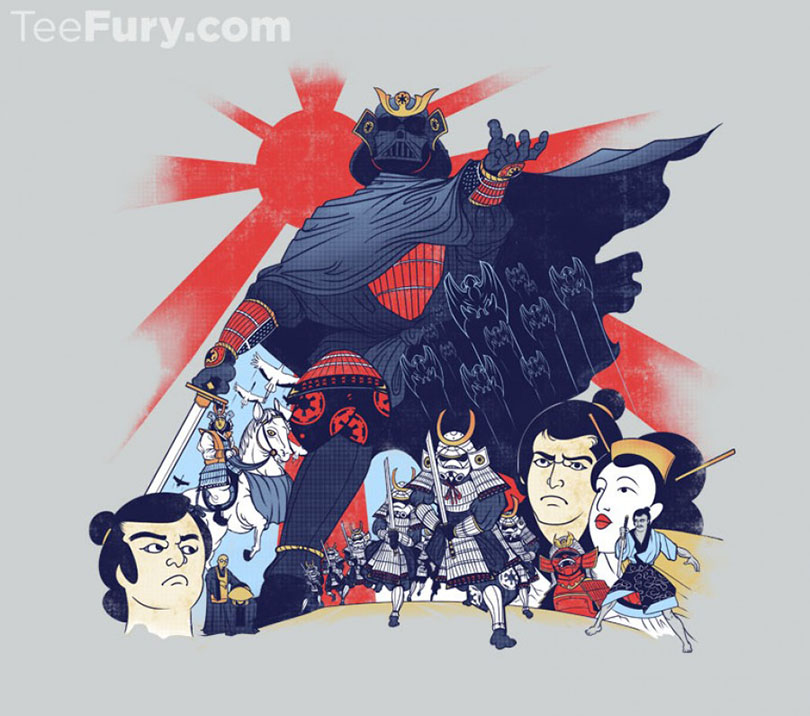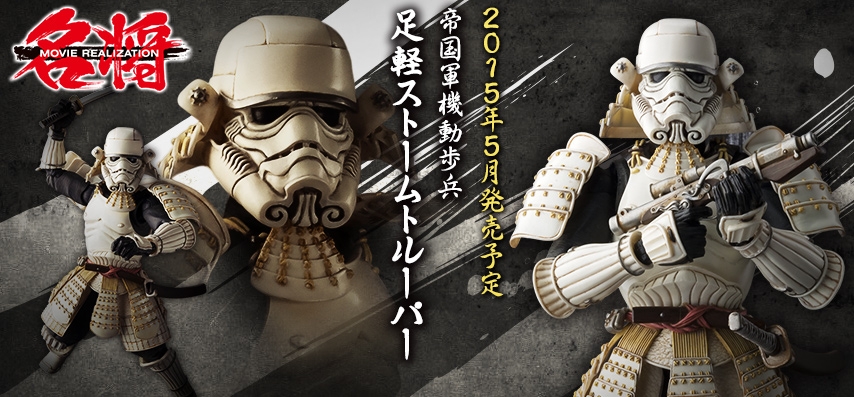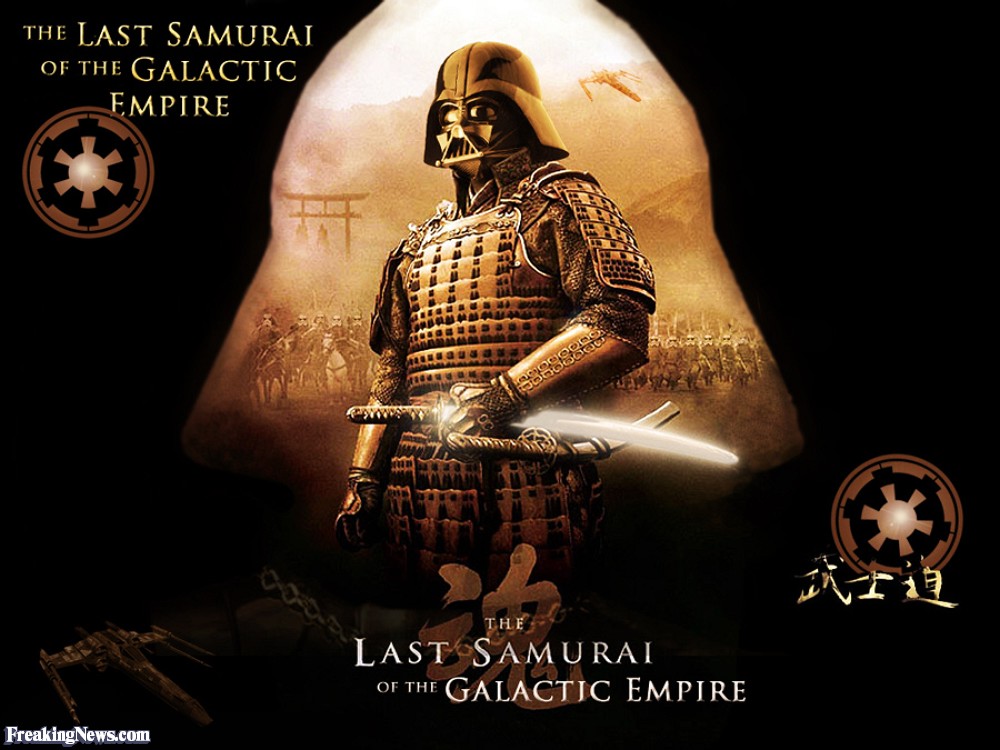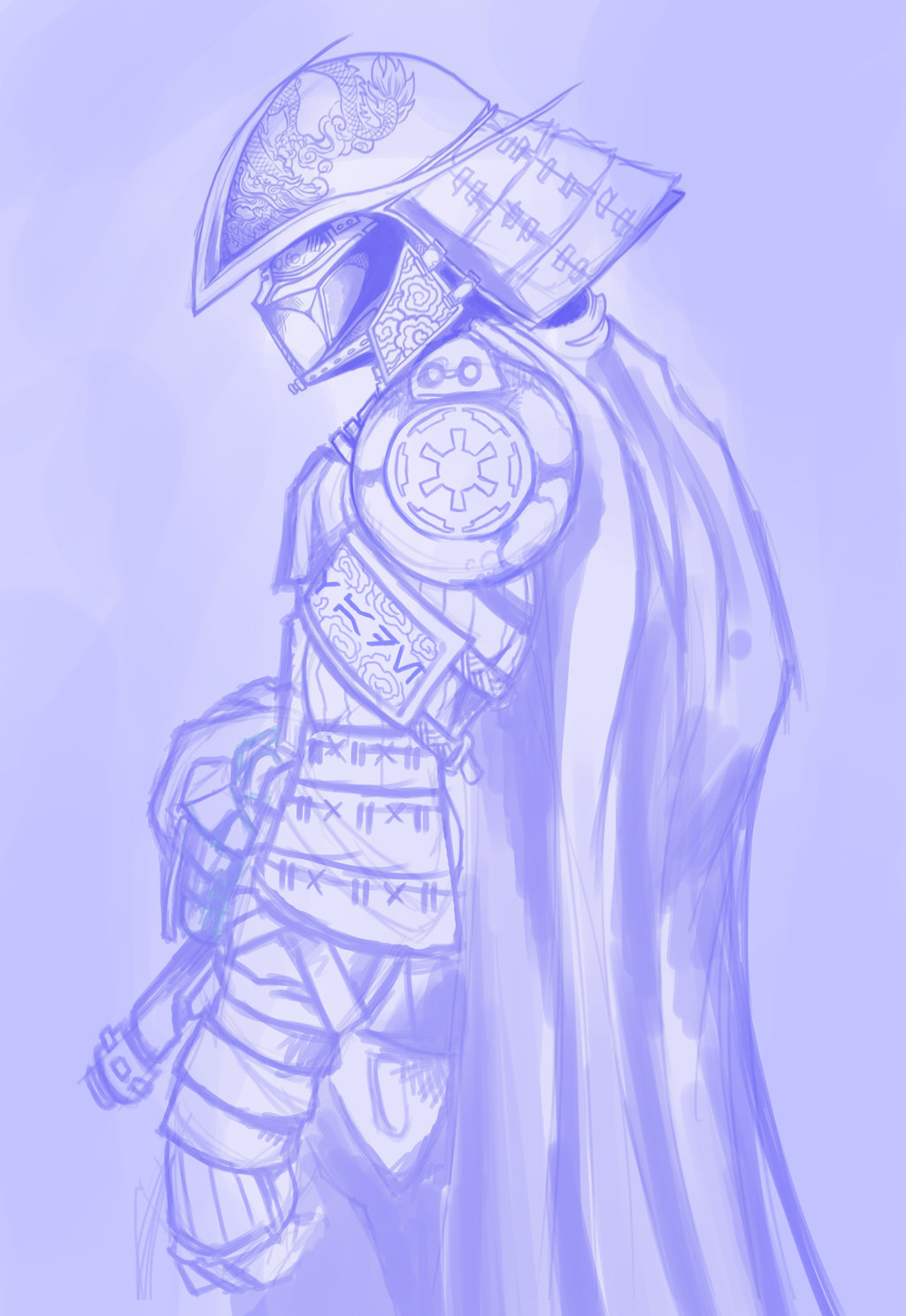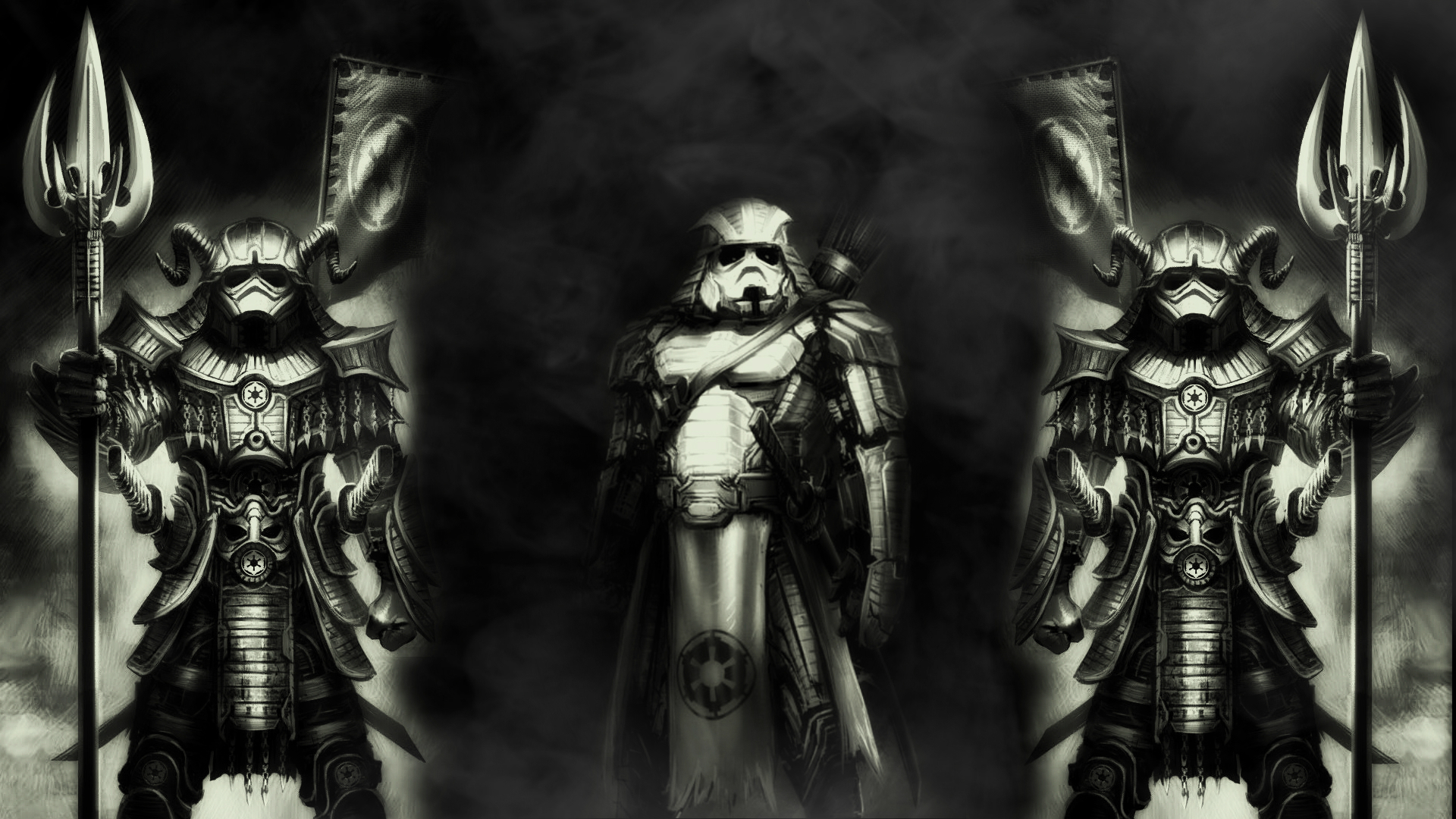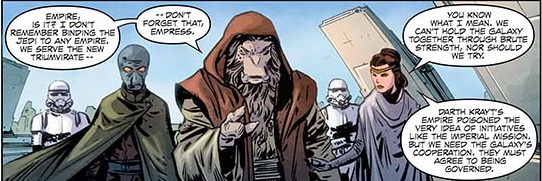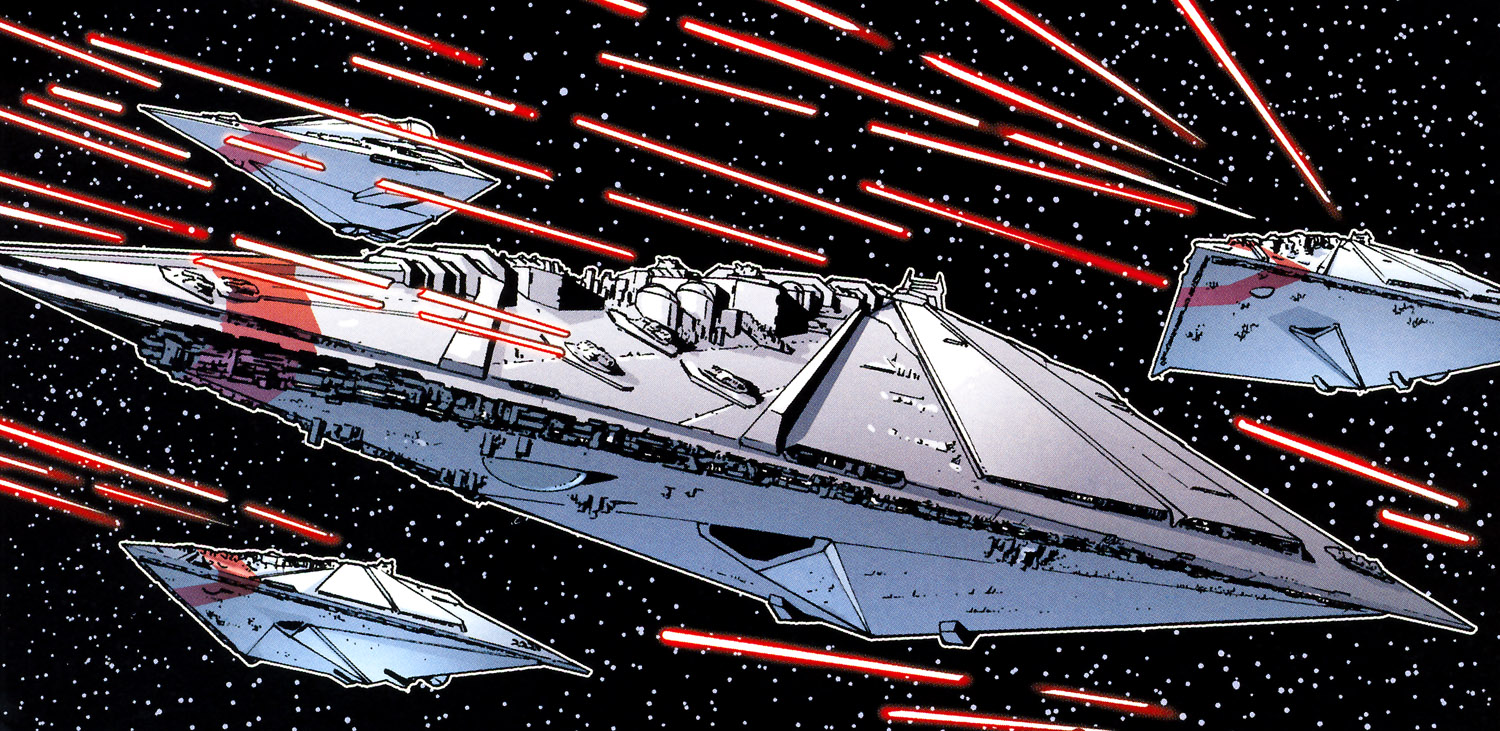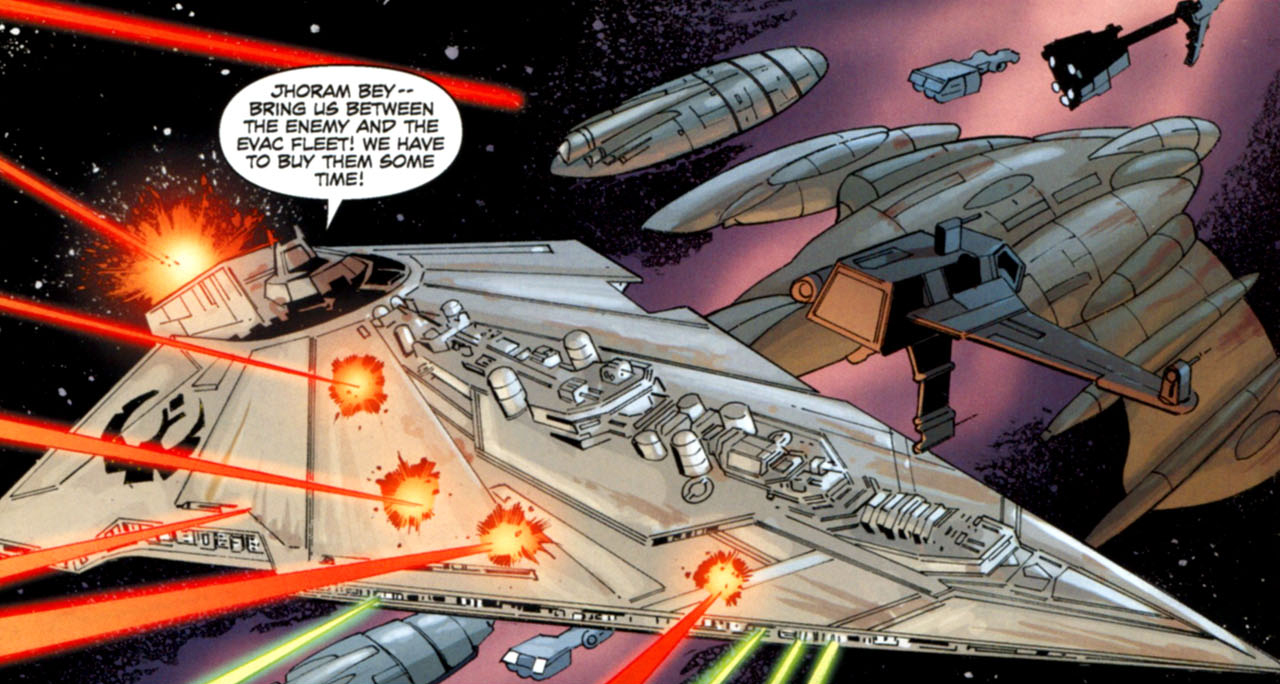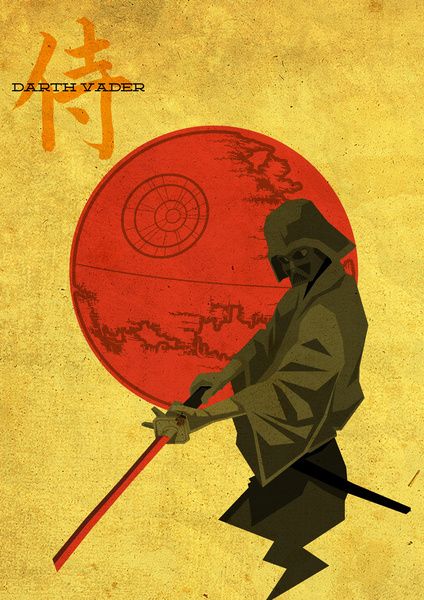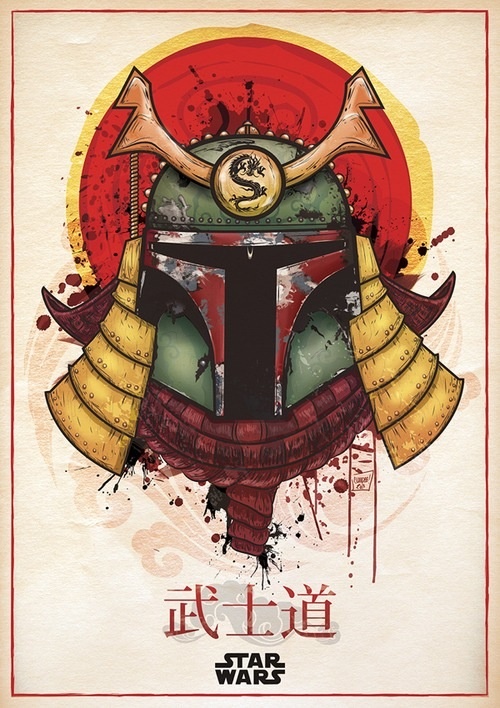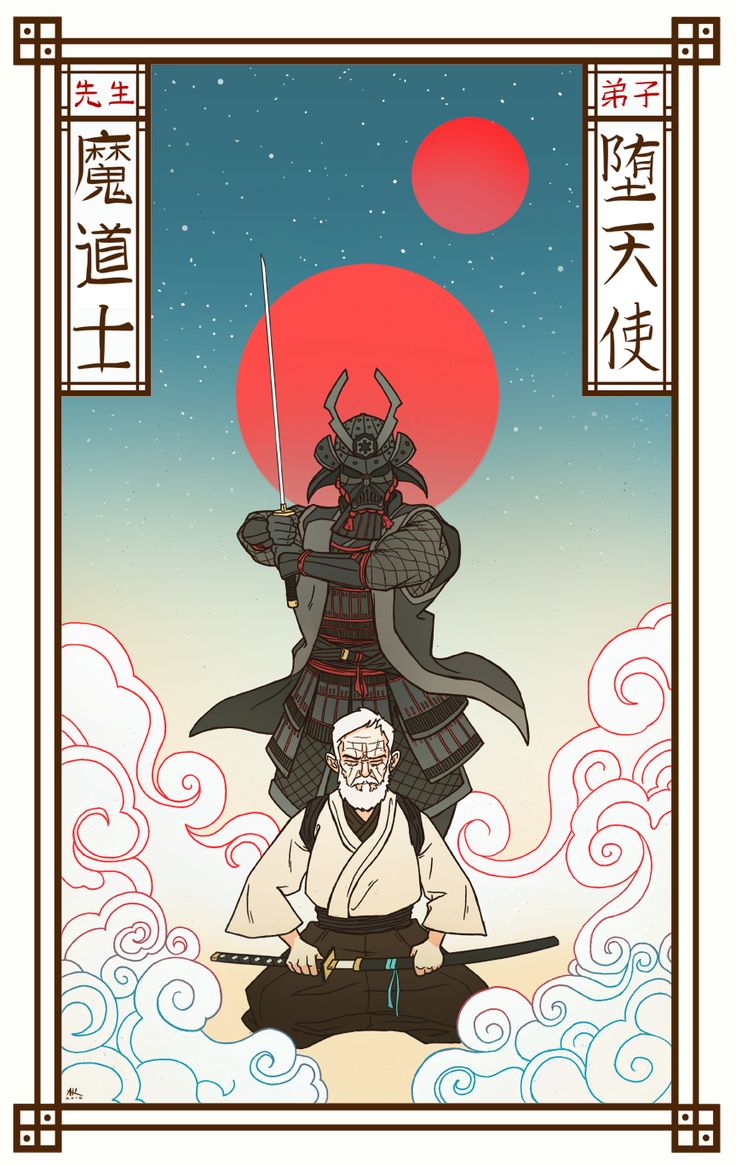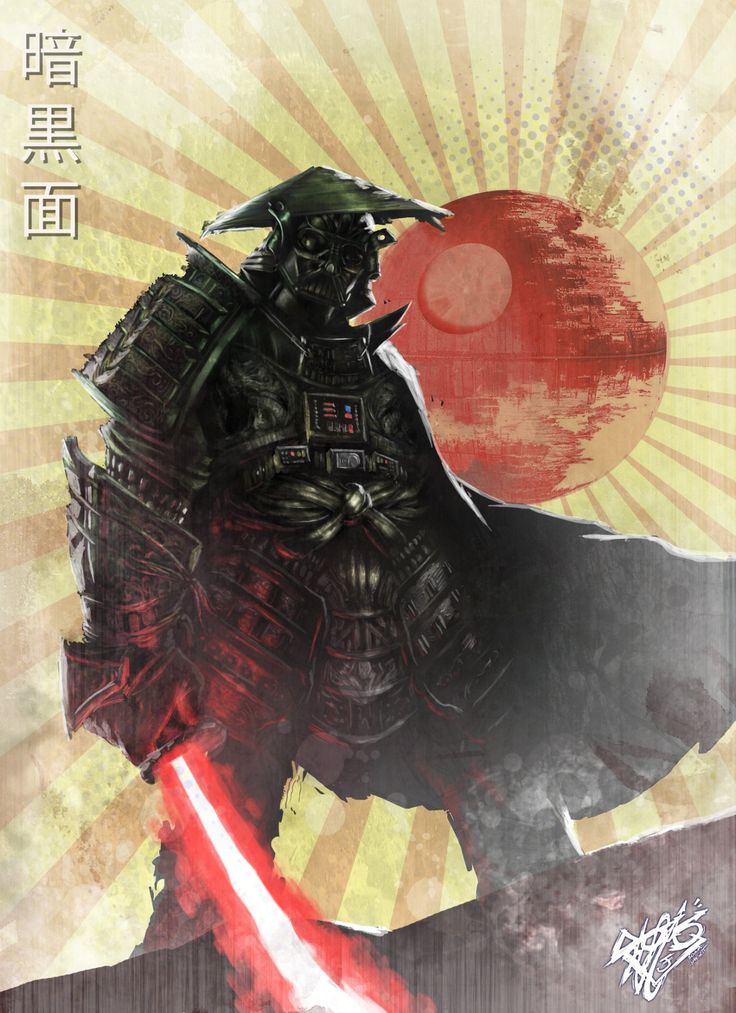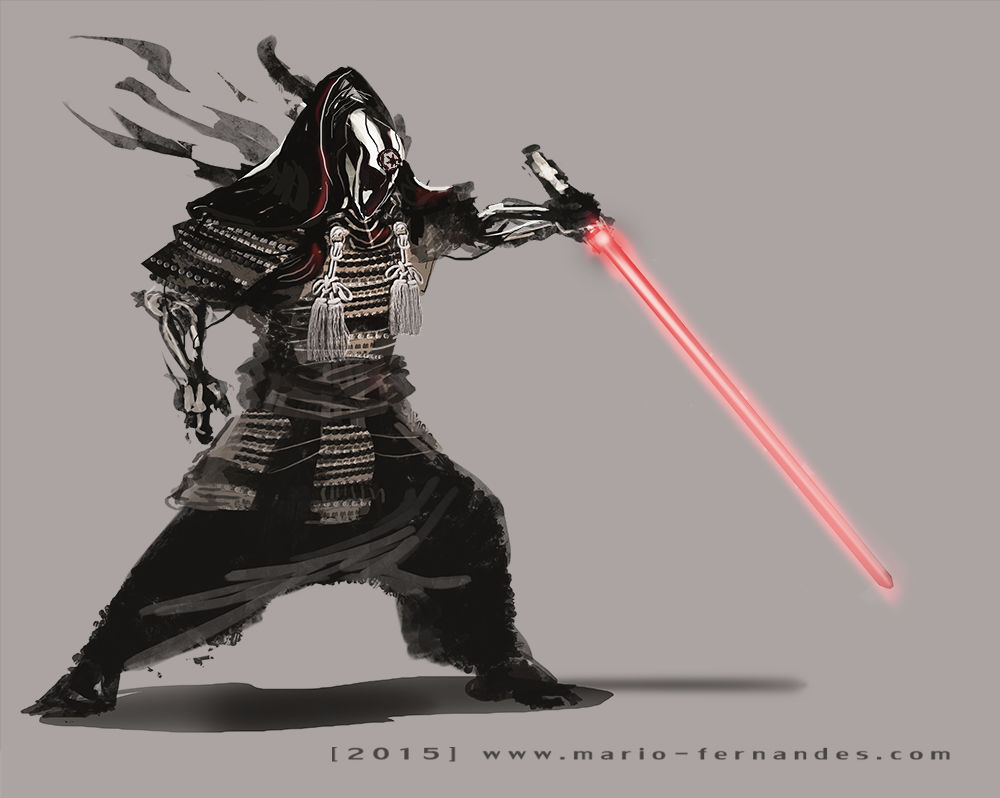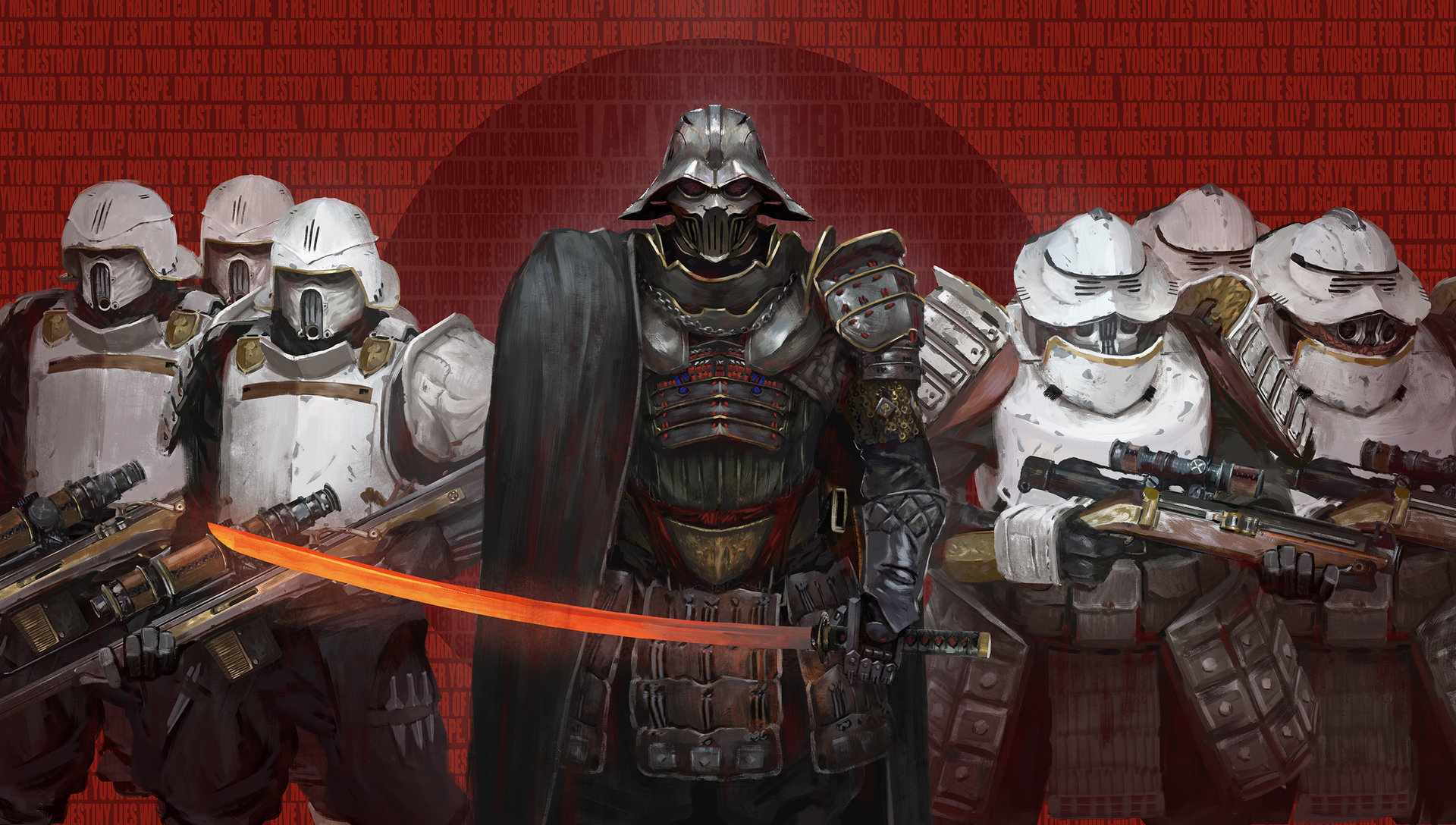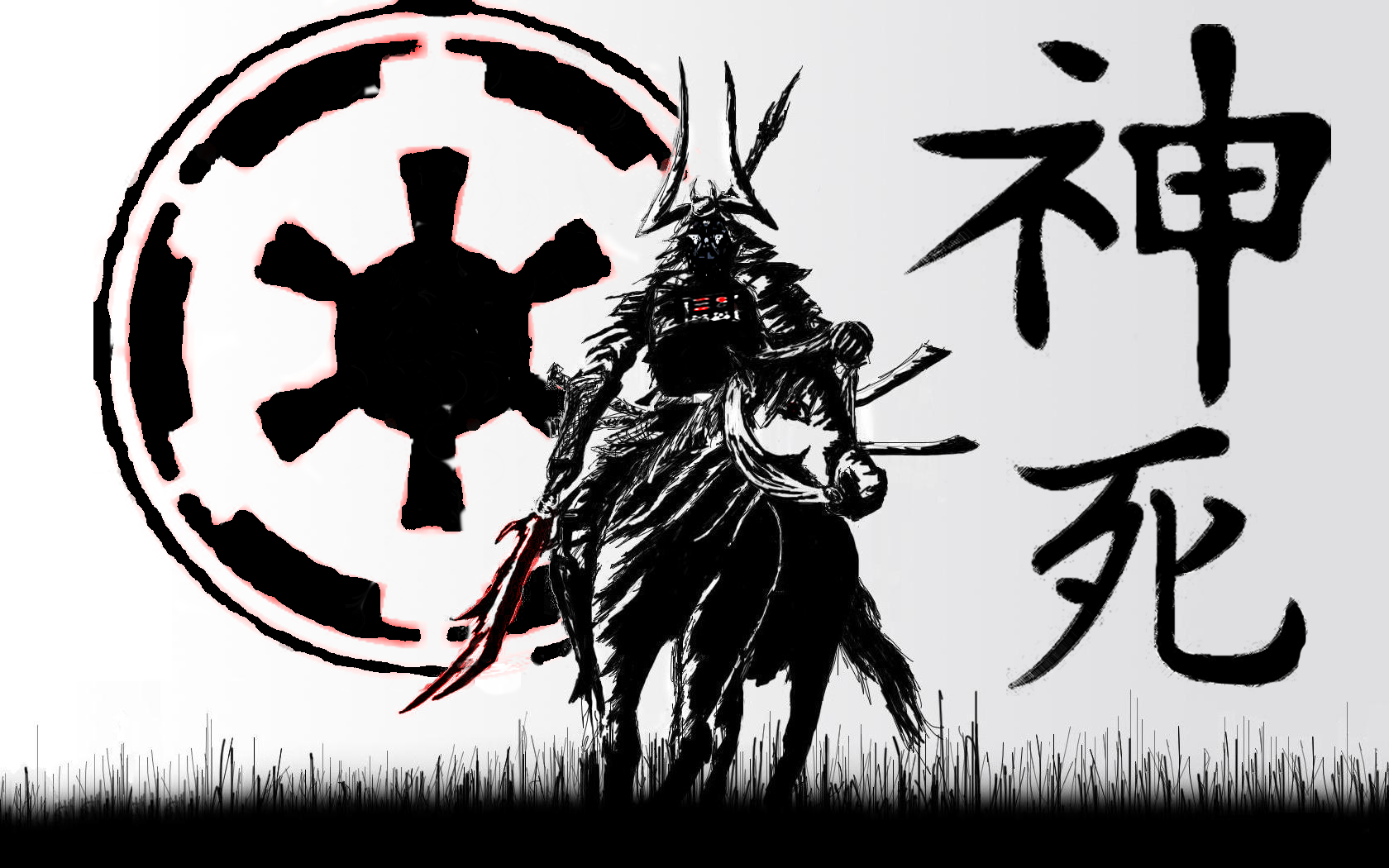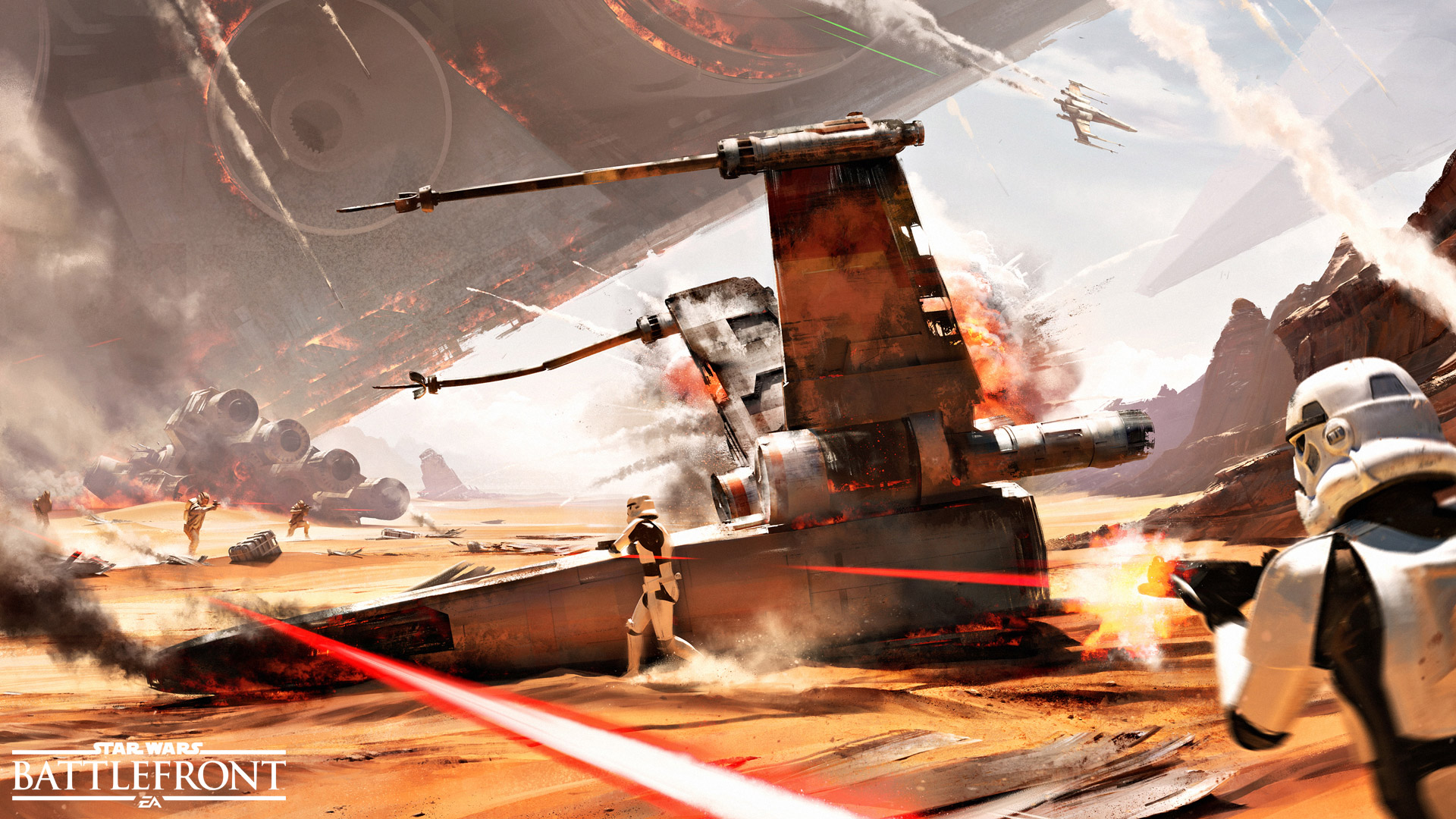- Jan 25, 2009
- 19,765
- 1,428
- Faith
- Oriental Orthodox
- Marital Status
- Private
- Politics
- US-Others
Shalom
 It was my intention to check out the film this weekend with the family (then again for free with my friends) but took some time to go back/study up on the films (Geek mode). Indeed, the dynamics behind the film were epic enough when considering the origins of the actual story and how it was developed....as it had origins in Samurai culture
It was my intention to check out the film this weekend with the family (then again for free with my friends) but took some time to go back/study up on the films (Geek mode). Indeed, the dynamics behind the film were epic enough when considering the origins of the actual story and how it was developed....as it had origins in Samurai culture
Star Wars was deeply impacted in its inception by Samurai Films. It really brings home the point that films are not just stories within a vaccum. They are global conversations and this is an excellent documentary pointing out the issue
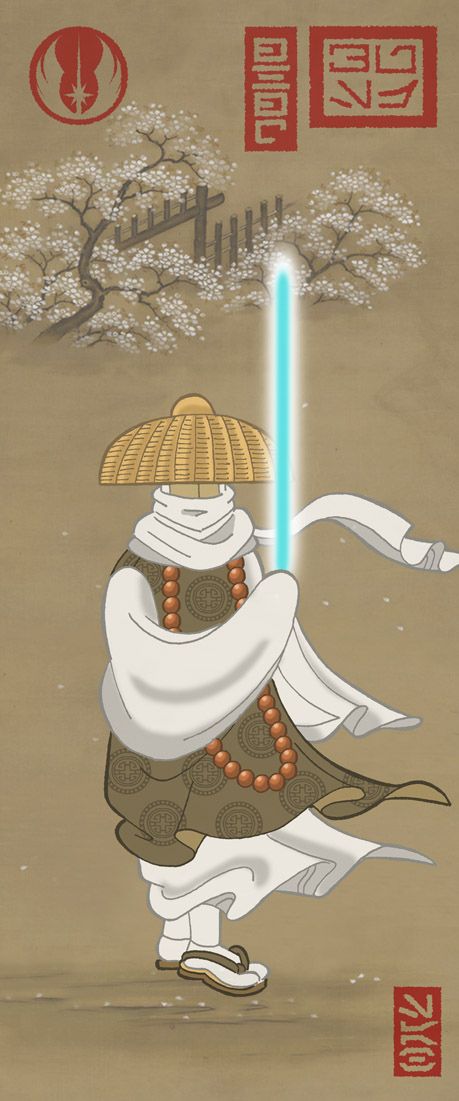
People have taken the Samurai aspect so seriously that they actually turned the characters into action figures...as seen in how Bandai Turned Boba Fett Into A Ronin and several others...
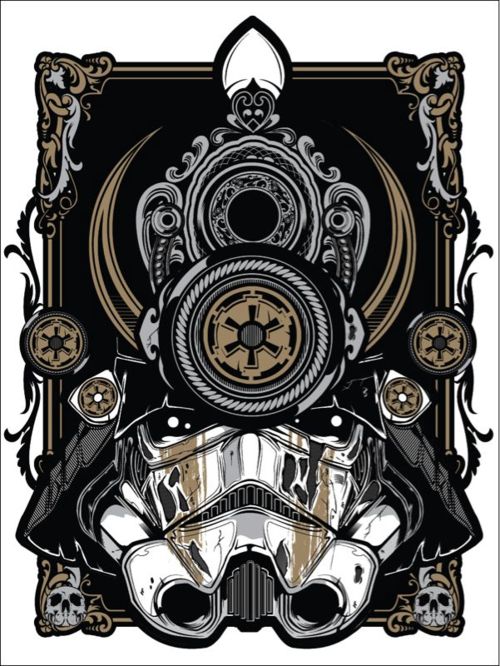
And with the rest of the series, they also did Samurai presentations that were pretty stellar....if going here to Samurai Star Wars
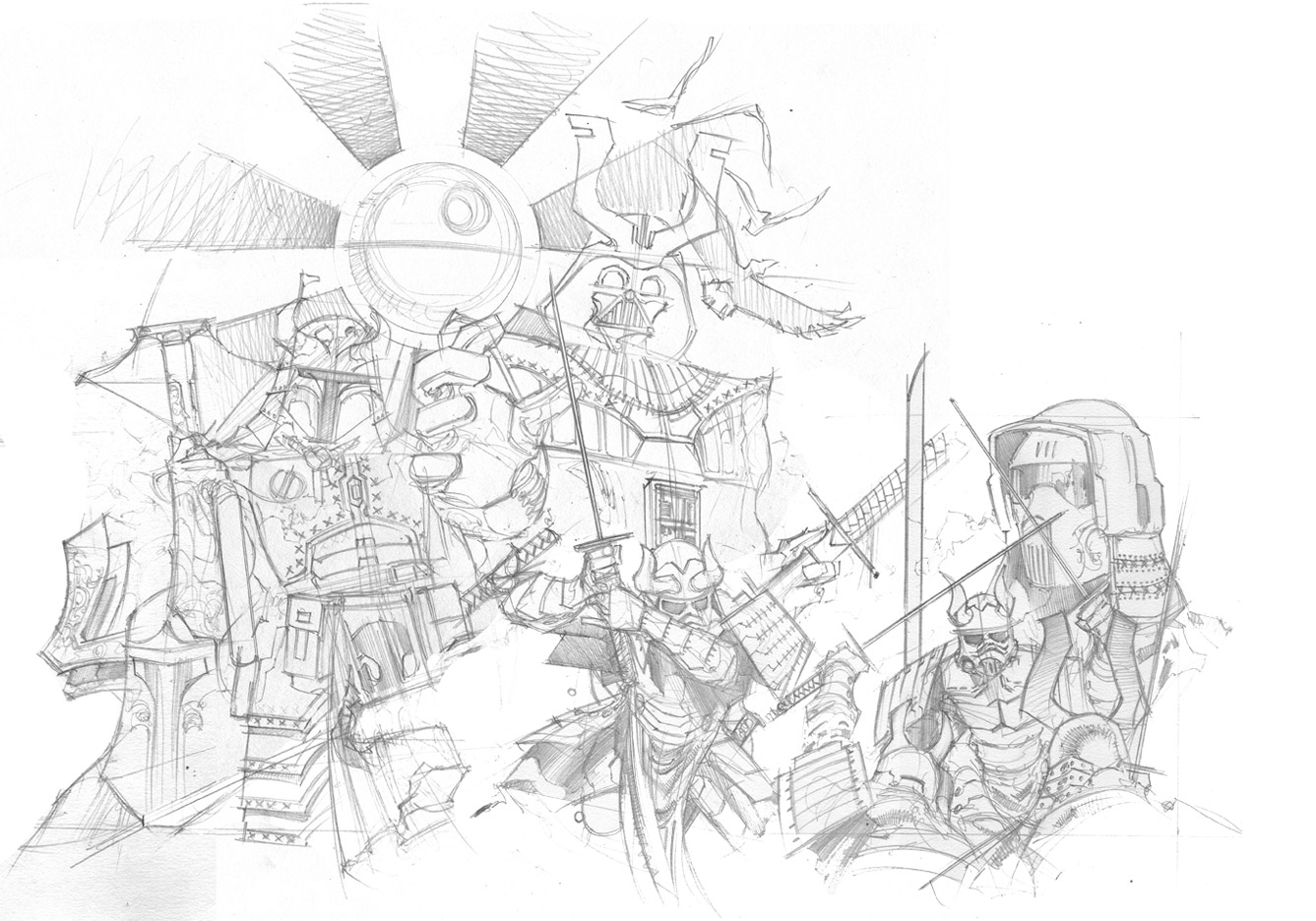
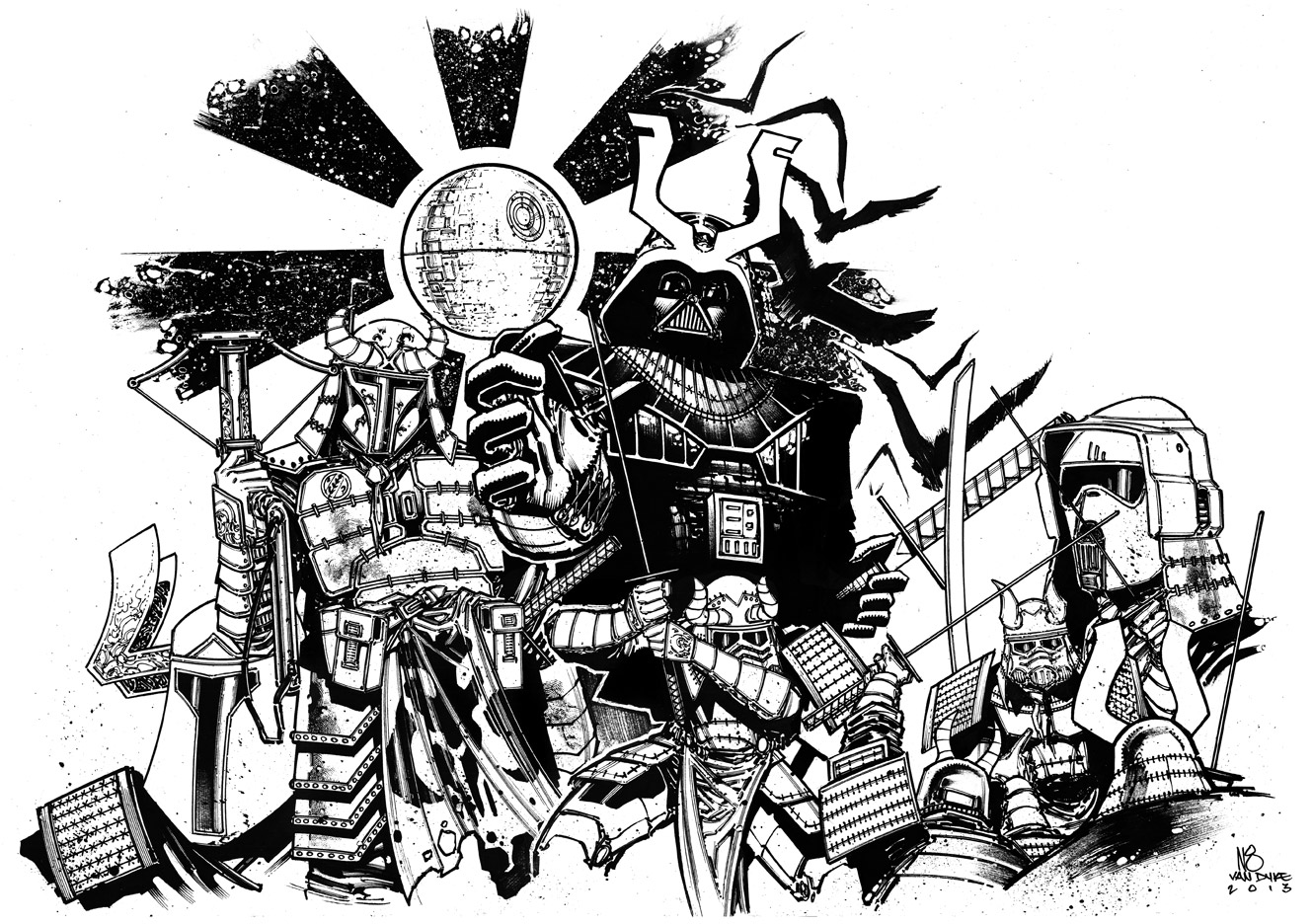
Also, considering how much Japanese culture had a dynamic where it was not so much about good vs. evil as much as it was about Honor vs. Shame (very centered on revenge and the need to end blood feuds to restore balance), it's interesting to go back and re-watch the older trilogies from that perspective. Completely different way of seeing the films when considering how it was never just an empty Death Star and it was no one ever considers how many faceless folks were in the Empire, more in "Star Wars Has No Good Guys - The Federalist" and "9 Reasons The Jedi Are The Bad Guys In 'Star Wars". A lot of food for thought when considering the dynamic from the Empire's perspective before the Death Star was blown up.
Just like it is today with politics and wars started, fighting on any side will always cause people to bear arms against one another even when you have people on BOTH sides fighting and not even knowing fully how things went down. The Emperor came to power under the false impression he gave of the Jedi being 'terrorists of the Republic' and was applauded by the Republic before they gave him power. He engineered a war that tore the galaxy asunder. And at the end of it all, the Rebels saw no real issue bringing back all kinds of death and revenge on anyone working for him.
It's one large cycle of revenge....
And it's a cycle of revenge based on a Monomyth with how the Revenge is justified throughout the films in the name of the hero on his journey and leading to the salvation of the world...something others like
Joseph Campbell discussed in The Power of Myth (as seen here and here in David Wilcock: The Hero's Journey and Precession of the equinoxes and the presentation on Bill Moyers ).
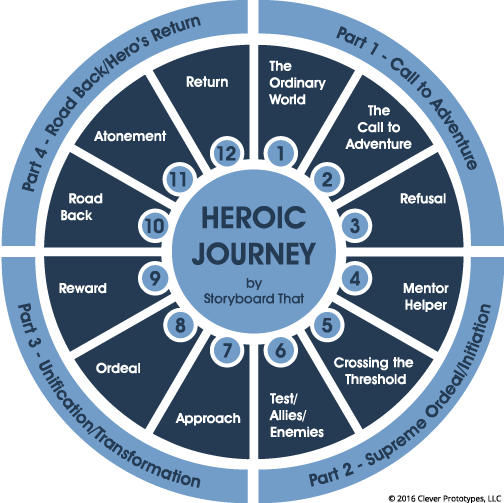
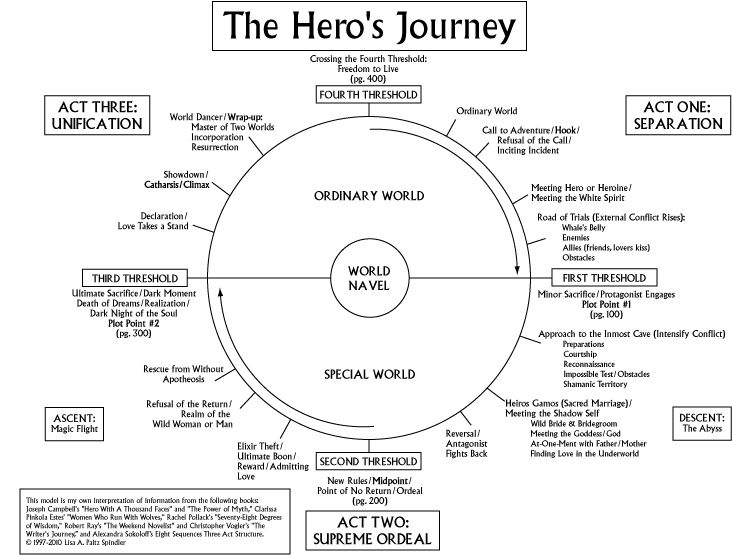
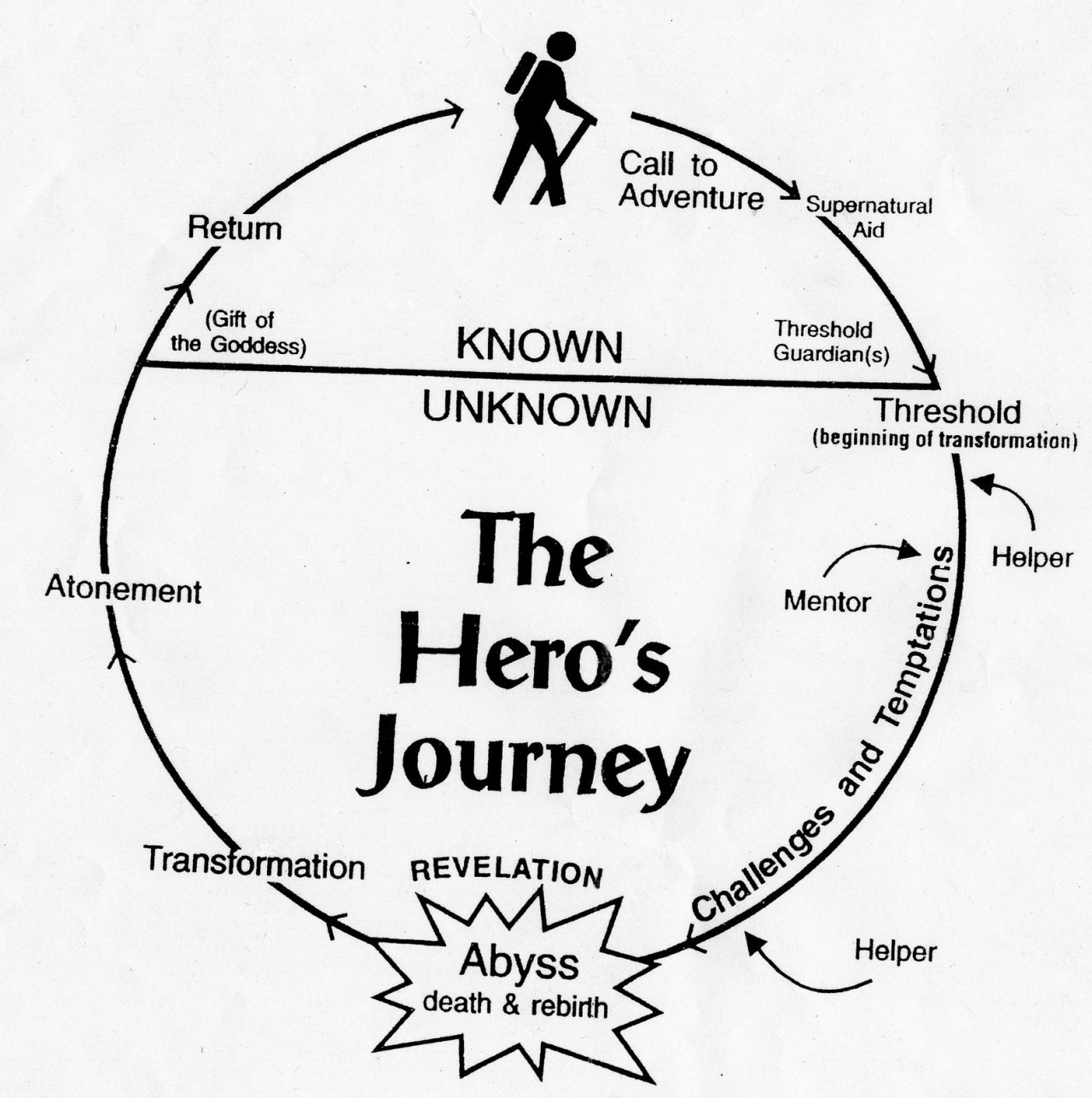
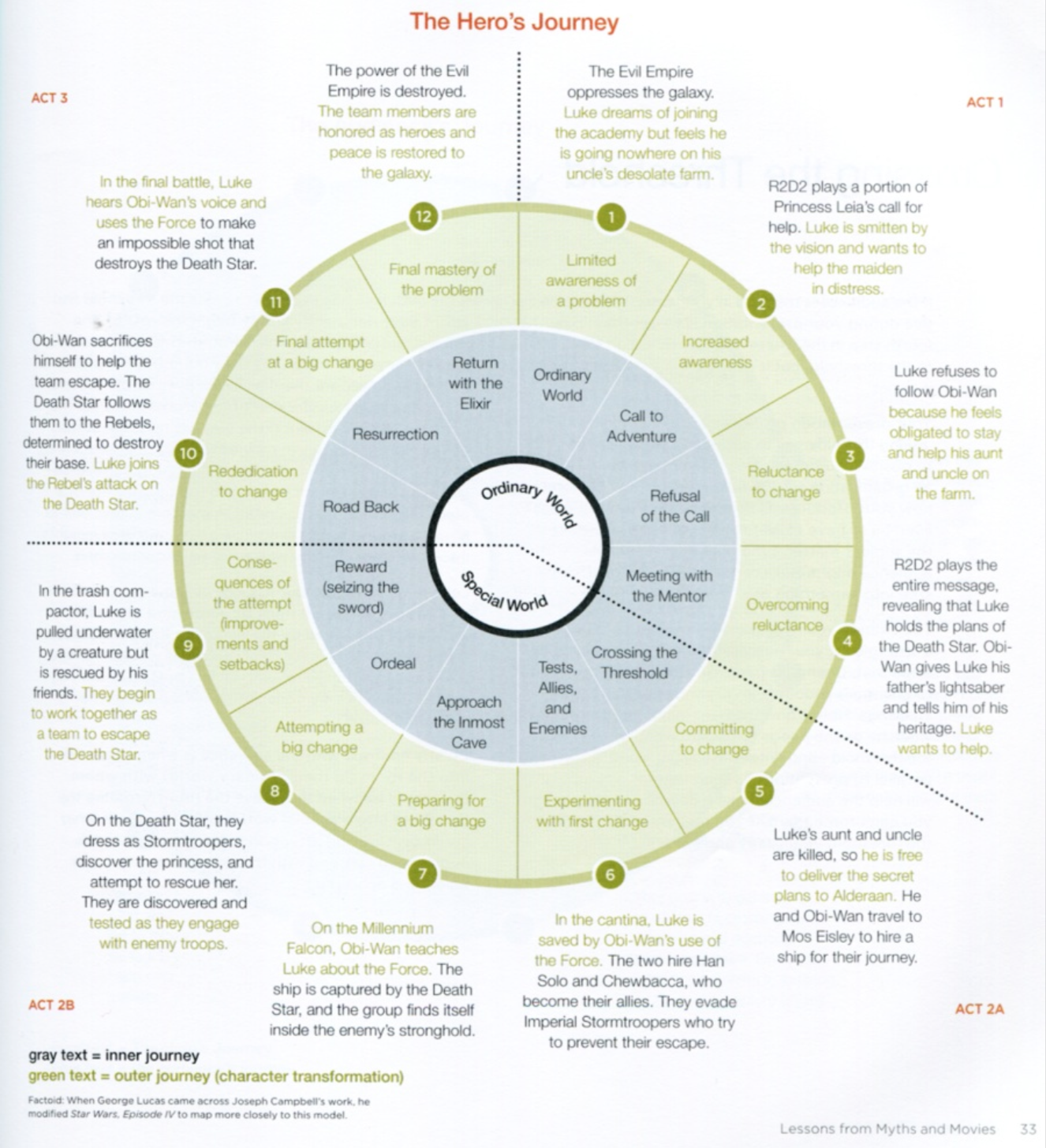
When considering what happened this year with others being stirred to war in the Middle East or last year with the Ukraine and those protesting in how they handled themselves against a corrupt government, seeing the Star Wars films does make things interesting since the entire series is based on being opposite of that. Hard not to consider something one of the Fathers said when stating the following:
Star Wars was deeply impacted in its inception by Samurai Films. It really brings home the point that films are not just stories within a vaccum. They are global conversations and this is an excellent documentary pointing out the issue


And with the rest of the series, they also did Samurai presentations that were pretty stellar....if going here to Samurai Star Wars


Also, considering how much Japanese culture had a dynamic where it was not so much about good vs. evil as much as it was about Honor vs. Shame (very centered on revenge and the need to end blood feuds to restore balance), it's interesting to go back and re-watch the older trilogies from that perspective. Completely different way of seeing the films when considering how it was never just an empty Death Star and it was no one ever considers how many faceless folks were in the Empire, more in "Star Wars Has No Good Guys - The Federalist" and "9 Reasons The Jedi Are The Bad Guys In 'Star Wars". A lot of food for thought when considering the dynamic from the Empire's perspective before the Death Star was blown up.
Just like it is today with politics and wars started, fighting on any side will always cause people to bear arms against one another even when you have people on BOTH sides fighting and not even knowing fully how things went down. The Emperor came to power under the false impression he gave of the Jedi being 'terrorists of the Republic' and was applauded by the Republic before they gave him power. He engineered a war that tore the galaxy asunder. And at the end of it all, the Rebels saw no real issue bringing back all kinds of death and revenge on anyone working for him.
It's one large cycle of revenge....
And it's a cycle of revenge based on a Monomyth with how the Revenge is justified throughout the films in the name of the hero on his journey and leading to the salvation of the world...something others like
Joseph Campbell discussed in The Power of Myth (as seen here and here in David Wilcock: The Hero's Journey and Precession of the equinoxes and the presentation on Bill Moyers ).




When considering what happened this year with others being stirred to war in the Middle East or last year with the Ukraine and those protesting in how they handled themselves against a corrupt government, seeing the Star Wars films does make things interesting since the entire series is based on being opposite of that. Hard not to consider something one of the Fathers said when stating the following:
"If the peacemakers are they who do not contend one with another, but reconcile those that are at strife, they are rightly called the sons of God, seeing that was the chief employment of the only begotten Son, to reconcile things separated, to give peace to things at war."
St. John Chrysostom
St. John Chrysostom
- Hattori Hanzo: Revenge is never a straight line. It's a forest, And like a forest it's easy to lose your way... To get lost... To forget where you came in.
Last edited:


